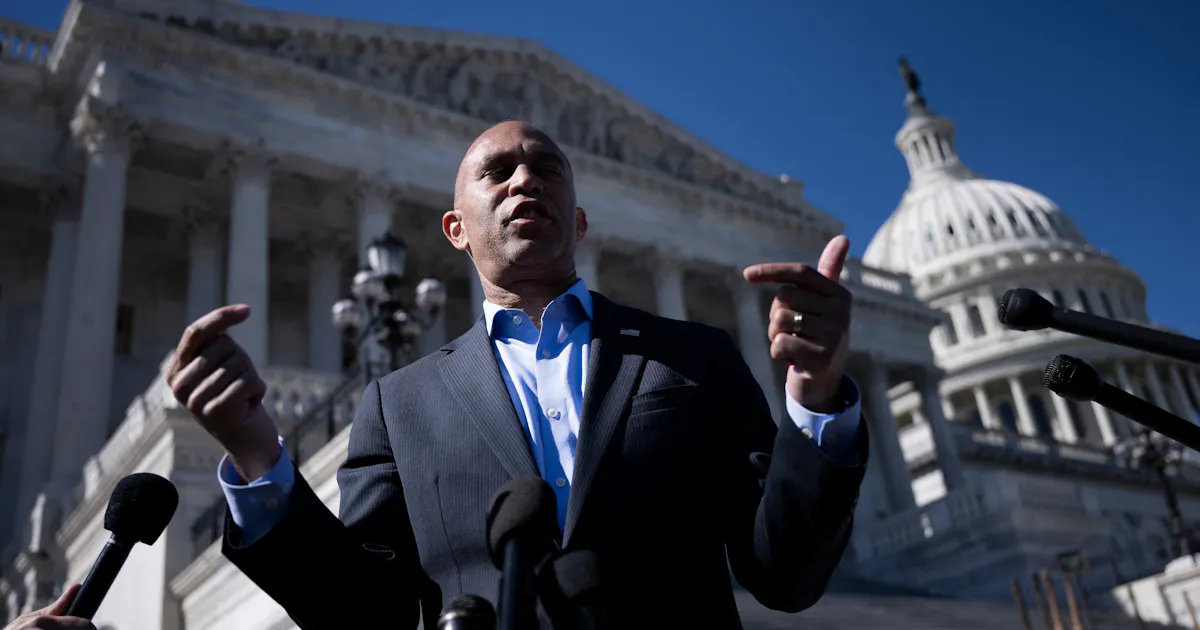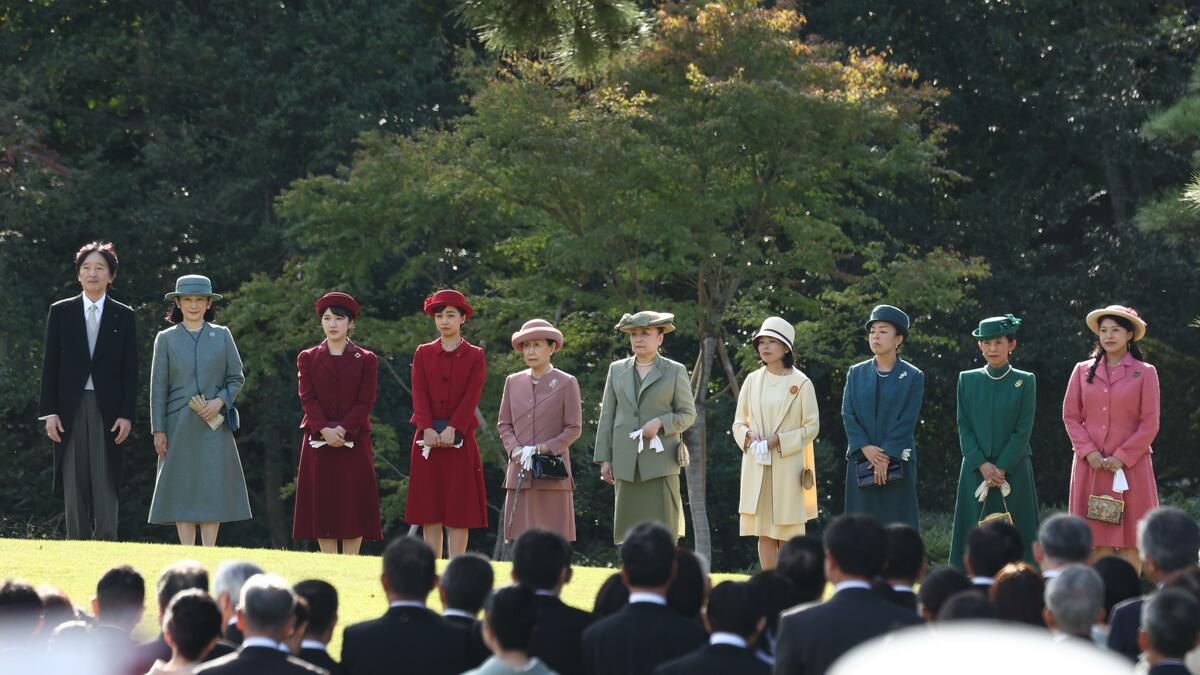Copyright newrepublic

Economic research tells us that women often take longer to return to the labor force when they lose jobs during economic downturns, Madowitz said, especially when they have kids. Age discrimination at work also tends to hit women harder, he said. Harvard Business Review findings released in 2023 also showed that women experience age discrimination at every age, with younger women infantilized in the workplace and older women dismissed as irrelevant. Mothers often experience gender bias, challenges within heterosexual relationships, and structural challenges that make it harder for them to thrive in their careers after having kids—and the cost of childcare has outpaced inflation, making it harder for families to afford. A much larger percentage of women than men have said they have had to cut back hours or quit a job to make up for that cost, even though it impacts their lifetime earnings and overall economic stability. “The long-term picture is definitely that men’s employment and labor force participation has been declining pretty steadily for the last 40 years and women were rising for a while but have basically been treading water since about 2000,” Madowitz said. Although the month-to-month data on employment, for which we lack recent data due to the government shutdown, is often volatile, economists are concerned about the uptick in the unemployment rate for Black people in particular. In August, the unemployment rate for Black men over 20 reached 7.1 percent, and for Black women over 20, it climbed to 6.7 percent in August. Just a couple years ago, Black women’s unemployment hit a historic low of 4.2 percent. The unemployment rate for young Black people rose from 14.3 percent in July to 16.8 percent in August.



